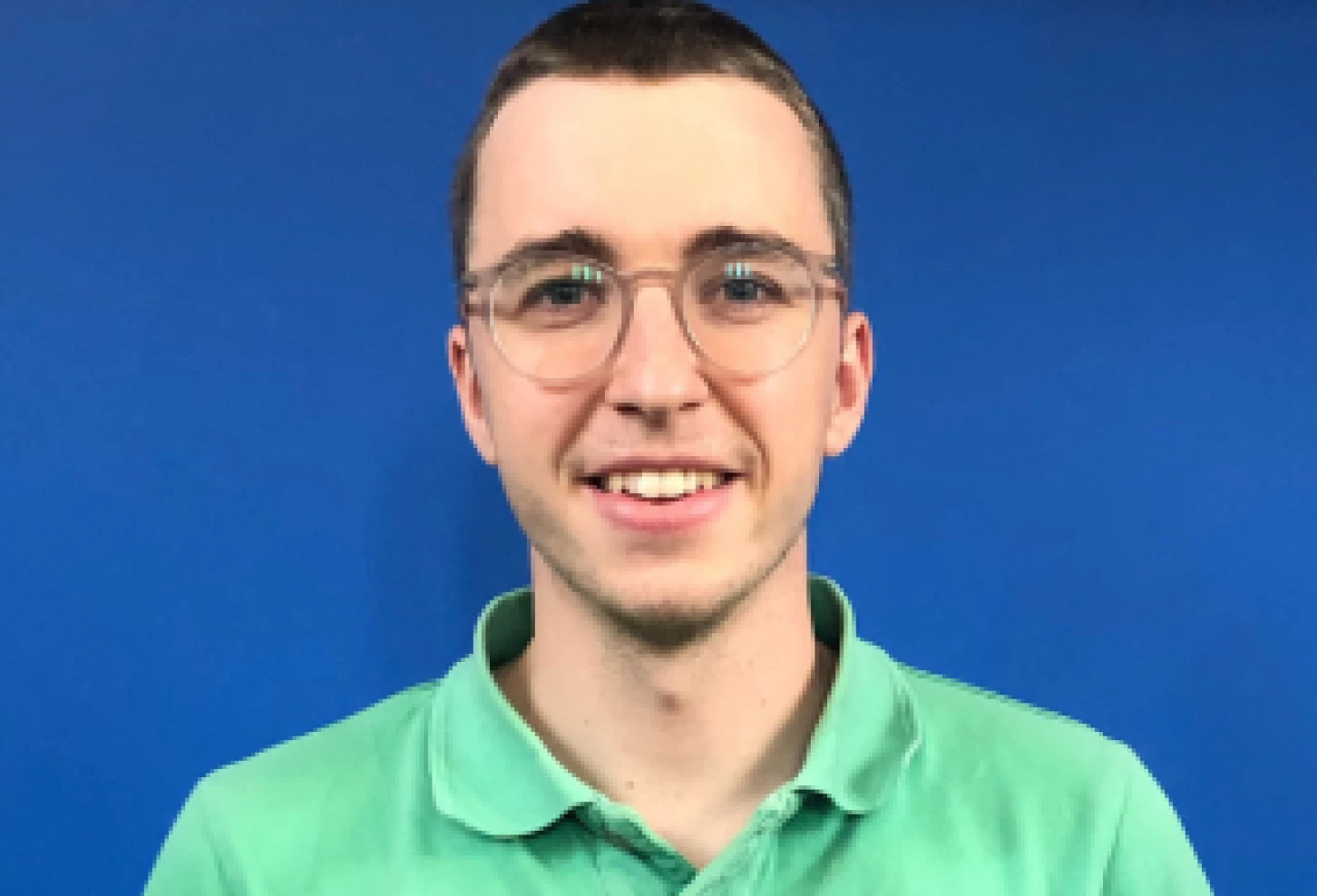When your boss asks for a word, it can be an unnerving experience. This happened to me one morning in February last year. What made the situation especially alarming was the fact that I had been part of a church leadership meeting the night before. What had I said?
So you can imagine my surprise when Simon explained that the reason he wanted to speak with me was because he thought I should consider a PhD. I was doing an MA with Crosslands at the time and we would often talk about the implications of what I was learning for life and ministry. |
But Simon’s suggestion still came as a shock. Sure, I knew a handful of pastors who had done more advanced study. Yet, I had never given doctoral study any real thought for myself. Maybe it was because of the amount of work involved. Perhaps it was because I assumed there would never be the opportunity. It might even have been because I had this idea that advanced theological study was rather disconnected from real life. But whatever the reason, this was about to change.
From the church
This year my local church decided to support me through a PhD into the life and thought of 17th century pastor and scholar Stephen Charnock. I am doing it part-time with Union Theological College Belfast, through their new partnership with Crosslands.
I am aware how unusual it is for a local church to support scholarship in this way (not least church history!). Churches often find it challenging enough to care for their own people and help them to share the gospel with others. Should they really be adding theological research to their to-do lists?
But, as I explored the potential of further study with my local church, together we grew in our conviction that theology is ultimately for the benefit of God’s people. And, as a result, it should be done in close connection with the church.
For the church
This isn’t the way things have normally been done, at least not recently. Over the last three-hundred years or so the bulk of theological scholarship has been done in the academy and not the church. This has tended to result in at least two things. On the one hand, theologians have become preoccupied with concerns that often have little to do with the issues facing local churches. On the other, local churches have been left bereft of people able to provide intellectual leadership on such issues.
Obviously, I’m painting with a broad brush. Some theologians have been able to serve the church from within traditional universities and we should thank God for them. But the point remains: the theologians who have been of most help to Christians down the years have tended to be those who forged their theology from within the local body of believers.
This is no coincidence. As theology is done within the Christian community, it doesn’t distract from mission and discipleship. Rather, it supports them. This is the reason I am doing a PhD.
To the church
Doing a PhD can open up teaching opportunities for teaching at graduate level. And I have been fortunate to have had the opportunity to recently start tutoring on the Crosslands MA. But, as I have been preparing to start my doctoral studies, I have also tried to think of ways to share my learning with ordinary people in my local church and further afield.
One way I am trying to do this is through a monthly newsletter. Inspired by the updates I receive from missionaries my church has sent around the world, I am going to be sharing one thing I’ve learnt from my studies and applying it to life. And, because some of the people in my church struggle with reading English, I’m recording an audio version too.
Crosslands is also kindly publishing some of my updates on their website. Entitled History for Life, this series of posts is designed to add to their growing library of resources that are both theologically robust but also culturally applied.
So far I have enjoyed writing about why doing church history is a bit like world travel, about how knowing that Stephen Charnock lost his most treasured possession enriches our appreciation of his writing, and how Chanock’s time at university can help us with Christian culture wars. But more enjoyable still has been the comments and conversations these updates have prompted with friends and church family.
Starting a PhD feels like setting out on a daunting journey. But like with any long trek, it is better to do it in the company of others rather than alone.
Will you join me?

